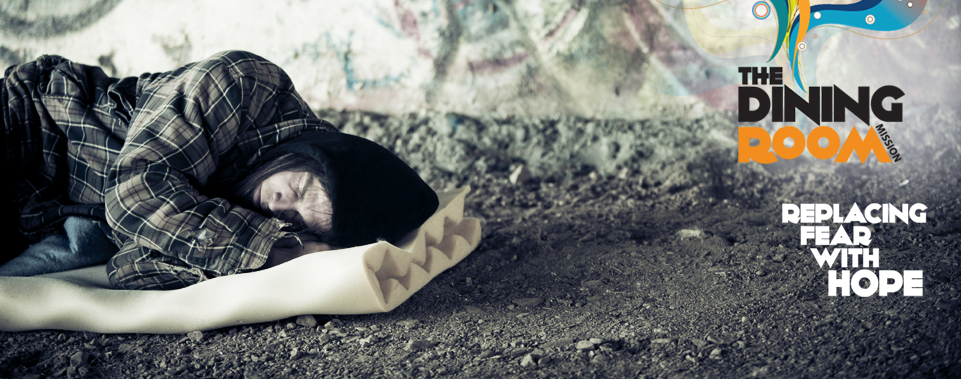The issue of homelessness
Safe, secure and affordable housing is a key foundation on which to build our lives and care for our families. However, on any given night in this wealthy country, at least 105,000 people (more than an MCG capacity crowd) don’t have a place to call ‘home’.
There are many social problems outside of their control – such as loss of job security, rising rents, serious physical or mental illness, fleeing domestic violence and sexual abuse or serious addiction – that force people into homelessness.
More families than ever before are struggling. They don’t have secure, adequate jobs. They’re going without even the most basic of life’s essentials. They’re constantly deciding between heating the house, feeding the family, buying prescription medication, shopping for food, paying bills and paying rent which can consume up to 75% of their income.
To put this catastrophe another way, one in three families can’t afford one full meal per day. Every day they feel oppressed by an ugly sense of failure worthlessness and desperation.
Young people (as young as 12 years old) are without loving, safe and stable home environments. Neither are they experiencing education, healthy peer relationships, or positive adult role models. Needless to say, they’re usually angry, terrified and aimless.
Over 50,000 homeless people suffer from a mental illness. Many wander the streets believing they are outcasts. They’re trapped in an abyss of misery beyond what you and I could possibly imagine.
While the thought of homelessness often conjures images of teenagers, drug addicts and ragged old men in army coats, more and more homeless are older people. They have been driven out of their homes because of domestic violence, substance abuse, gambling, financial problems, or a lack of safe, secure and affordable housing.
Such circumstances, for these groups, result in instability, loss of dignity and feelings of abandonment. And they’re left disconnected from productive community interaction, skills-training and satisfying employment.
Volunteers at The Dining Room Mission recognise the anguish in homeless people and the subsequent deterioration of physical, mental and social health.
The homeless are ordinary people like you and me, yet they face extraordinary pressure in dreadful often brutal circumstances.
These deeply disadvantaged people are victims of a system that fails to support the most vulnerable in the community.
We challenge the common perception of this national disgrace: that the homeless are just weak or lazy. In truth, like the rest of us, they simply crave respect, compassion and justice.
Every individual or family, without exception, has an indisputable right to feel they belong somewhere and are part of something with other people in a local community.
